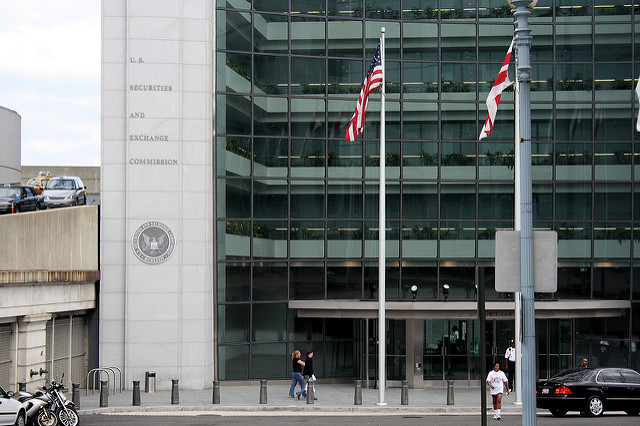 Photo Courtesy: arsheffield on Flickr
Photo Courtesy: arsheffield on Flickr
Resource Transparency and SEC Rulemaking
Transparency is a fundamental way to make a government accountable to its people—providing information for citizens on what their government is doing and promoting public oversight for government decisions. Greater transparency can alleviate issues like the “Resource Curse,” where, instead of a boost in income, GDP, and well-being in a country where natural resources are recently found, the value of natural resources are lost and people are left worse off. Too often, the rich and the well-connected collect many of the benefits from a natural resource boom, while the vast majority of the country is left out to dry.
Now, the SEC has an historic opportunity to offer greater resource transparency on payments that companies listed on American exchanges make to foreign governments to extract oil, gas, and mineral resources. On January 25, the SEC closed comment on a proposed rule under Section 1504 of the 2010 Dodd-Frank Financial Reform Act that seeks to disclose payments for all companies around the world.
Unfortunately, the proposed rule falls short of providing the best possible order, consistency, and accessibility to the public. The rules outlined in the regulation will actually make it more difficult to both protect the competitiveness of U.S.-listed companies operating abroad and provide the public with information to hold payment-receiving governments accountable. However, with some modifications, the proposed rule will allow the SEC to become a model of resource transparency for regulatory agencies around the world.
These modifications will provide solutions to the problems which plague our current system, namely, a pattern of companies using different definitions to describe similar activities, a lack of standardized naming conventions for projects, and a system that makes it very difficult for everyday citizens to understand what is actually being reported. There is an alternative framework to address the problems. ASP’s research report “Alleviating the Resource Curse” outlines a foreign-payments disclosure system that provides transparency for the public and the structural changes intended to address the issues listed above.
ASP’s Senior Fellow Director of Studies, Andrew Holland, has submitted a comment to the SEC to both demonstrate the importance of greater resource transparency and provide a workable model which can be adopted as a standard around the world. This final stage represents the last opportunity for SEC to put a system in place that works both here at home and abroad, as well as in a real-world context. The SEC should use the time still available to make the changes necessary to ensure that it can, and does, meet the highest of standards moving forward.





